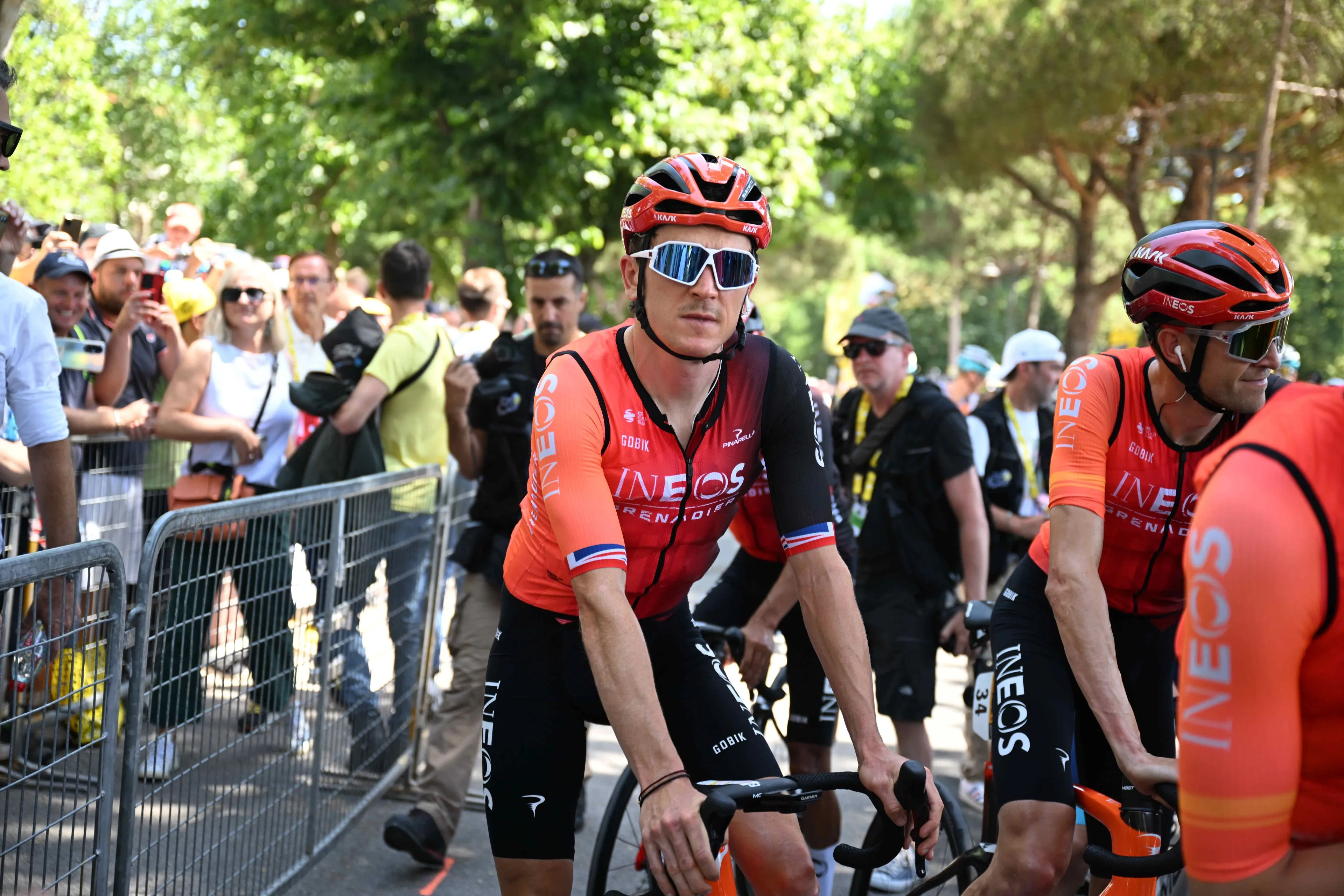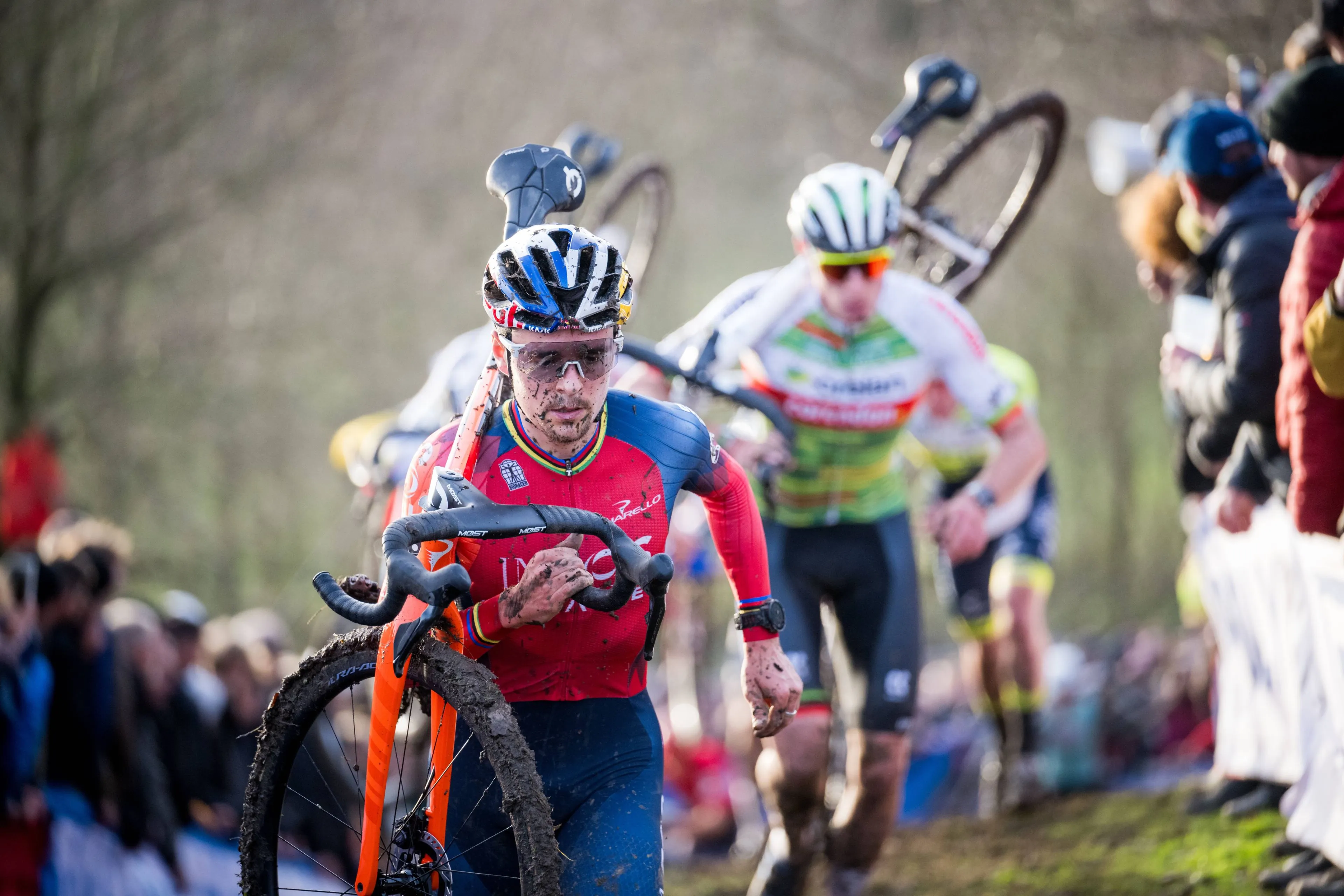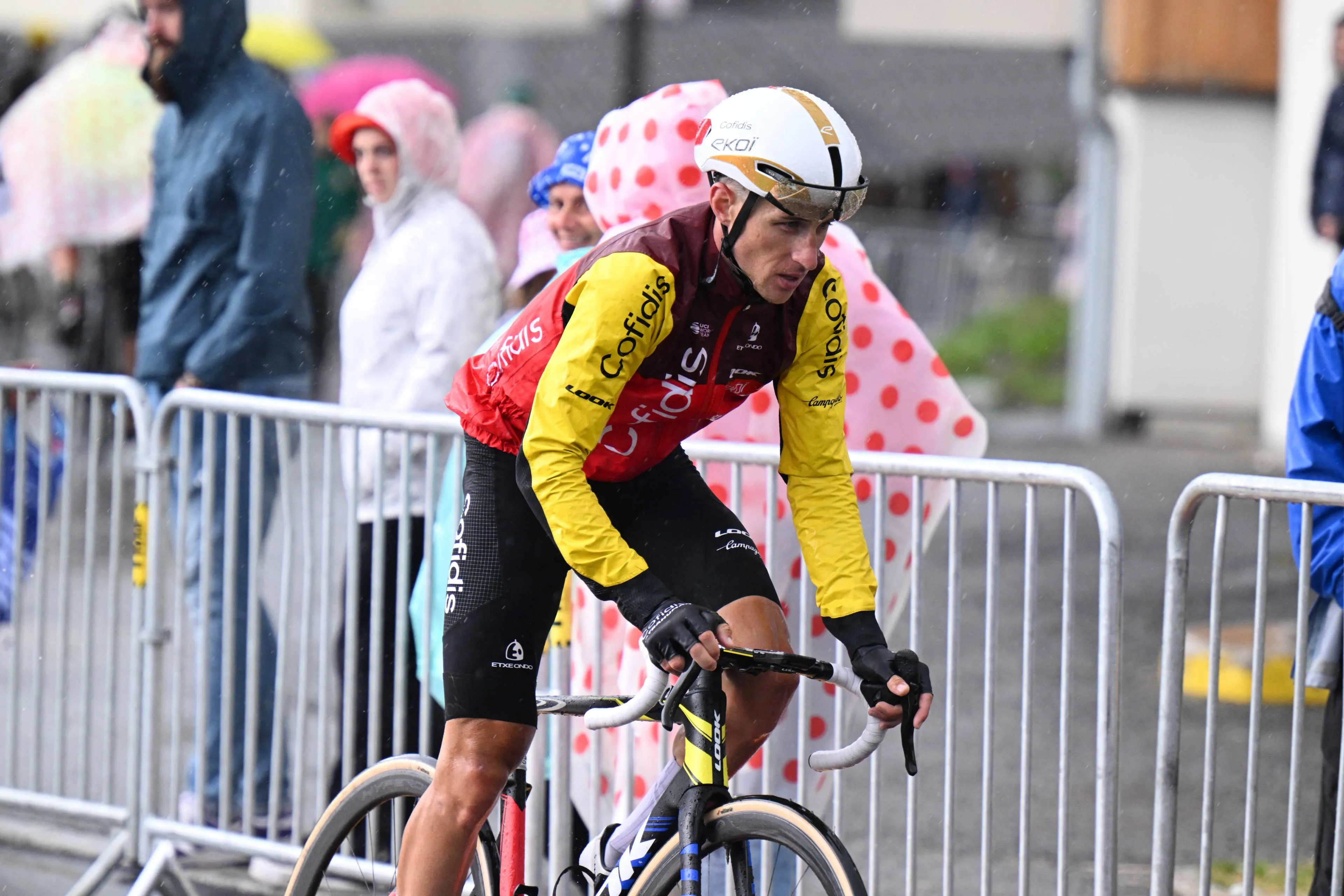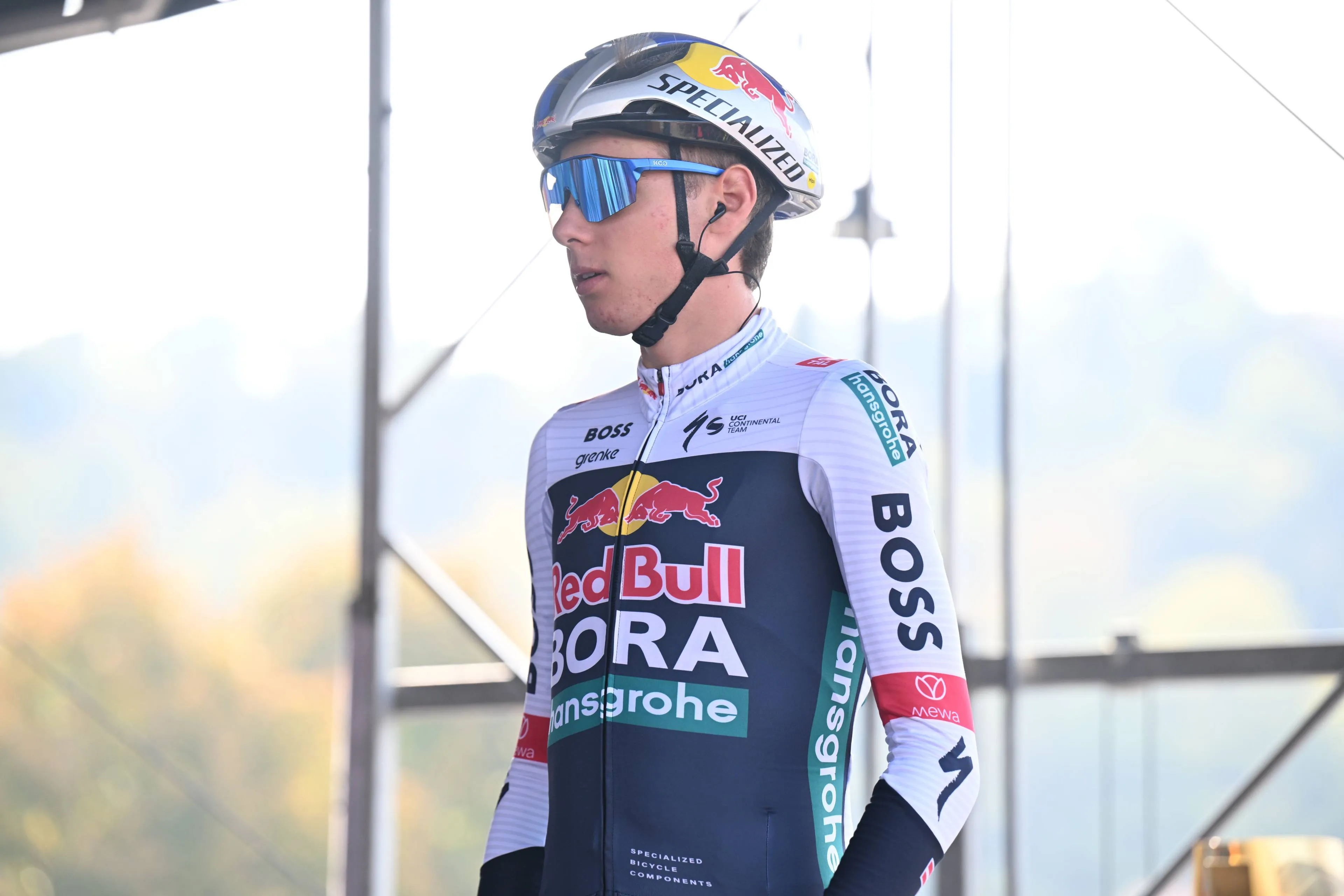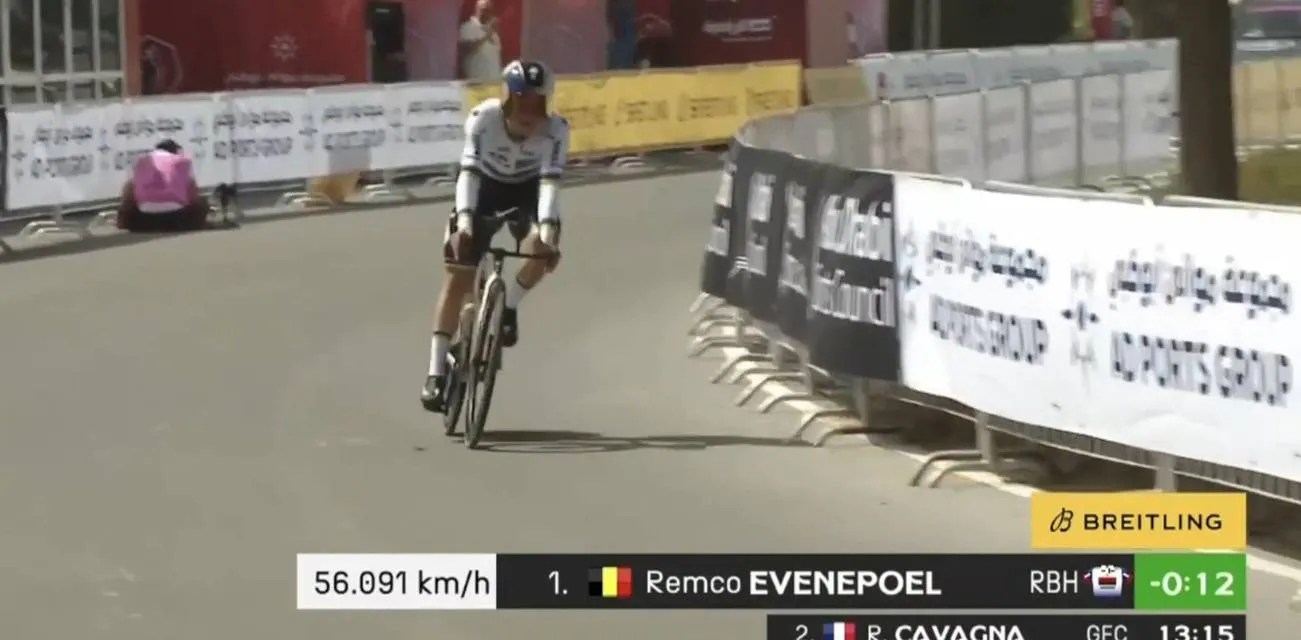French anti-doping experts suggest a so-called "magic box" might be behind Tadej Pogacar's great performances
CyclingSaturday, 26 October 2024 at 10:50

Tadej Pogacar's spectacular performances in 2024 had once again raised the questions about possible doping. Group of specialists from the Radio France Investigation Unit run a research with focus on the phenomenon of overmedicalization, Cyclism'Actu reports.
The investigation delves deeper into the problem of overmedicalization in cycling, highlighting the role of Mauro Gianetti, the controversial manager of Pogacar's UAE Team Emirates.
Gianetti, a former rider, is a poster child for this problem. In 1998, he nearly died after injecting himself with perfluorocarbon (PFC), a substance that is supposed to improve oxygen transport in the blood. Although Gianetti has denied the injection, his former teammate, Éric Boyer, has his doubts. Boyer believes that the presence of figures with dubious pasts such as Gianetti or Alexander Vinokourov is irresponsible for the future of the sport.
Read also
The investigation also highlights the availability of various drugs in the peloton. Cyclists have access to substances such as Voltaren, caffeine or paracetamol, often in the form of cocktails. An anonymous witness describes the "magic box", a box containing various drugs, freely distributed before races. The concept of the "bomba", a mixture of these authorized products, recalls the amphetamine cocktails that were once widespread.
Ketones, newly popularized, are also an example of this "grey area" in which cycling operates. Sold as food supplements, they improve recovery and increase the level of red blood cells. Although the UCI and the MPCC advise against their use, they are tolerated in certain teams, with medical monitoring. A cyclist says that some managers prefer to supervise the taking of ketones rather than prohibit their use, which, according to him, is similar to a form of doping.
Read also
The use of sophisticated medical equipment, such as carbon monoxide rebreathers, is also problematic. Originally designed for dialysis patients, these devices are now used in cycling to simulate high altitude, thereby stimulating the production of EPO. This "legal doping" worries experts like hematologist Gérard Dine, who points out that these techniques hijack medical advances. According to him, these practices allow cyclists to circumvent anti-doping controls without directly violating the rules, by exploiting technological and regulatory loopholes.
Experts are calling for reform to stop this medical "arms race", particularly in teams and among young cyclists. Jean-Pierre Verdy, former director of the French Anti-Doping Agency, considers this massive use of drugs to be a form of doping, albeit a legal one.
Read also
claps 52visitors 29
Just in
Popular news
Latest comments
- Completly agree, Jan was in front of van gils, following Pidcock wheel, it was Van gils who tried to force his way through Jan and the barriers. Are they blaming Jan because he belongs to the richest team that win a lot?
 maria2024202418-02-2026
maria2024202418-02-2026 - Clickbait title, not reality-based. Yawn.itsent18-02-2026
- lame, but probably correctantipodeanpedalfan18-02-2026
- Van Gils rode like wanted to get crashed or way too over confident that he was going to overtake Jan before getting pinched. It was obvious were Jan was going/had to go and MVG had the whole road to give an inch so he would have a chance to overtake on the rightjad2918-02-2026
- Double book this showing with the Melania documentary and you might get 100 people to see it...total !frieders318-02-2026
- Simple solution...stay off the barriers since you might get closed out ! Christen's sprint was legal as he was trying to get into the slipstream of Pidcock.frieders318-02-2026
- I believe Remco now understands that he will have issues reaching the top step as long as Tadej is in the Tour, whiles he's a year junior to Tadej he has had his upper body rebuilt twice now from crashes over the last few years. I think he has a chance to win the Tour in a few more seasons, you can only prepare yourself as best you can and try. He said he needs to race some more one week stage races, he should, he can probably win them all. I also believe Remco should aim for another Vuelta if he comes out of the Tour in good form and maybe he should think about the Giro again for next season. This is potentially Tadej's fifth Tour win coming up this year, no one is going to derail that unless he falls off the bike or gets really sick.awp17-02-2026
- Not only will the great narcissist get his voice, but he'll benefit financially from this as well. Who says that cheating and lying your way to victory doesn't pay?
 santiagobenites17-02-2026
santiagobenites17-02-2026 - It'll make a good double feature with the Michael Jackson soft focus biopic.LumbarDeniro17-02-2026
- Yeah, whilst MVDP would never break a bone on the MTB... 😂Sexass17-02-2026
Loading
32 Comments


